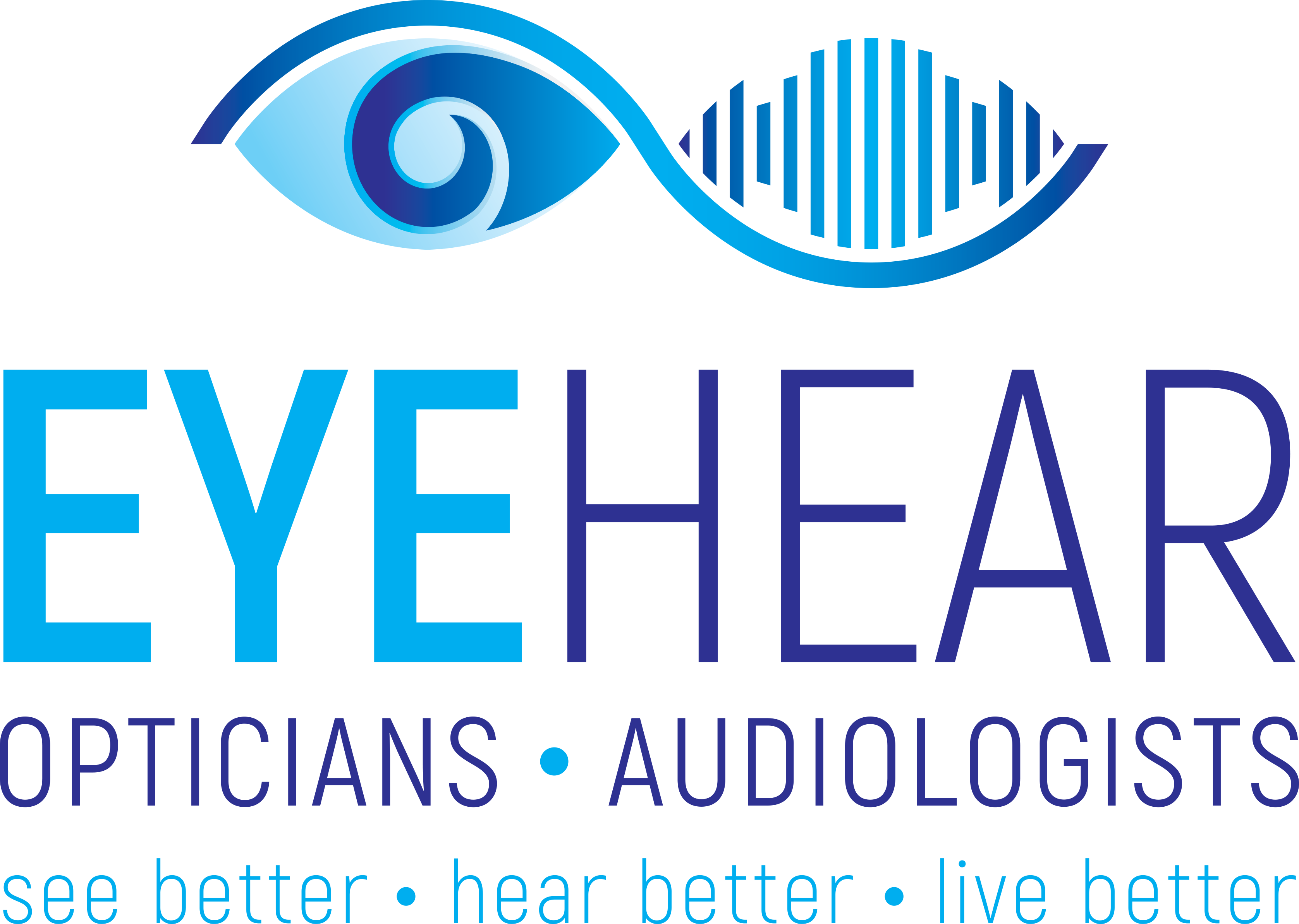What is Optical Coherence Tomography (OCT)?
Optical Coherence Tomography (OCT) is a non-invasive diagnostic instrument used for imaging the retina.
OCT scan generates a picture of the back of the eye, called the retina. The picture is made by precisely measuring the amount of a dim red light that reflects off the retina. The thickness of the nerve layer in the retina is easily measured with OCT. By comparing the thickness of the layers measured by the OCT scan against the normal thickness of healthy retinal layers, we can determine which retinal disease or eye condition exists in the eye, even before you are aware of any problems.
It is the technology for the future because it can enhance patient care. It has the ability to detect problems in the eye prior to any symptoms being present in the patient. With an OCT, we are able to see a cross section or 3D image of the retina and detect the early onset of a variety of eye conditions and eye diseases such as
macular degeneration, glaucoma and diabetic retinopathy (the top three diseases known to cause blindness).
The OCT allows for detection of other diseases such as macular holes, hypertensive retinopathy and even optic nerve damage. Using an OCT allows for early treatment in patients and dramatically improves the success of these treatments, especially in diseases such as wet macular degeneration – where the eye disease progresses rapidly.
What is Optical Coherence Tomography (OCT)?
When is an OCT scan used?
OCT scans are used for diagnosis, management or treatment of a variety of ocular conditions:
- Macular edema
- Age-related macular degeneration (AMD)
- Evaluation of macula
- Macular hole or pseudohole
- Vitreomacular traction
- Glaucoma
- Drusen
- Retinal assessment
- Retinal detachment
- Retinal pigment epithelium detachment
- Epiretinal membrane
- Retinoschisis
- Central serous chorioretinopathy
- Optic disc edema
- Optic nerve head drusen
- Ganglion cell complex
- Neovascularization
What should I expect during an OCT exam?
The OCT scan uses light waves to create an image, similar to an ultrasound that uses sound waves to create an image. During the test, you will sit with your chin resting on a support. The OCT will scan each of your eyes, while you fix your gaze on a green target. As the laser scans the retina in each eye, you may notice a red line moving across your vision.
When should I have an OCT exam?
If you are over age 25, or at risk of developing ocular disease, your eye doctor may recommend an OCT exam as part of your annual eye exam. Having regular OCT scans will enable your optometrist to compare the images from previous years to detect any abnormalities or thickening of retinal layers.
If you have been diagnosed with an ocular disease, an OCT scan will also provide the information needed to monitor treatment.
If you have any questions or concerns about your OCT exam, never hesitate to speak with your optometrist.
Get your OCT exam with us at EYEHEAR Opticians & Audiologists (The Spectacle Maker), as it can facilitate early diagnosis and treatment of sight-threatening ocular diseases— preventing vision loss before symptoms begin.
